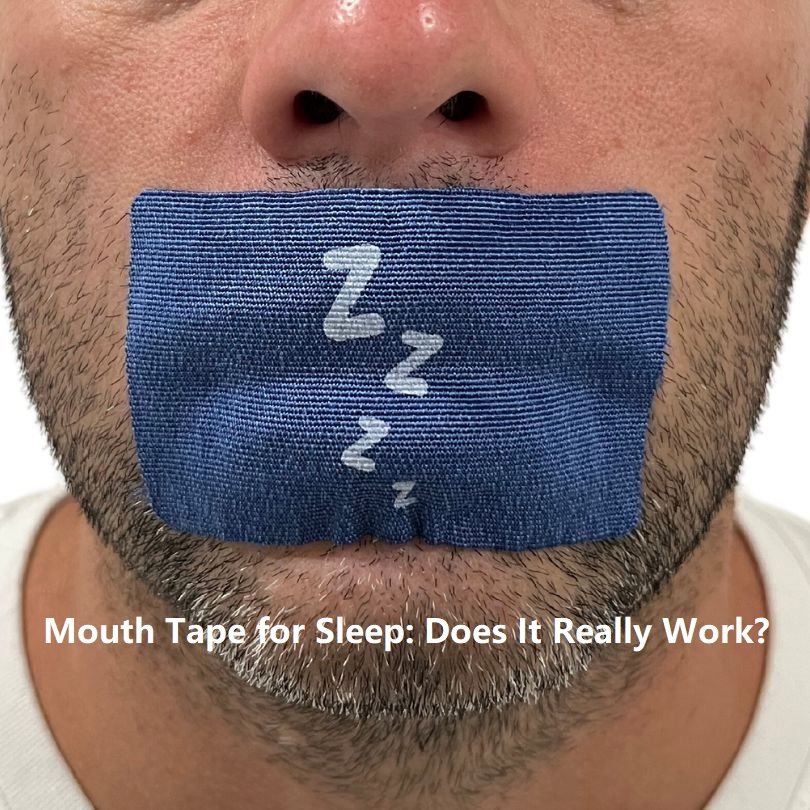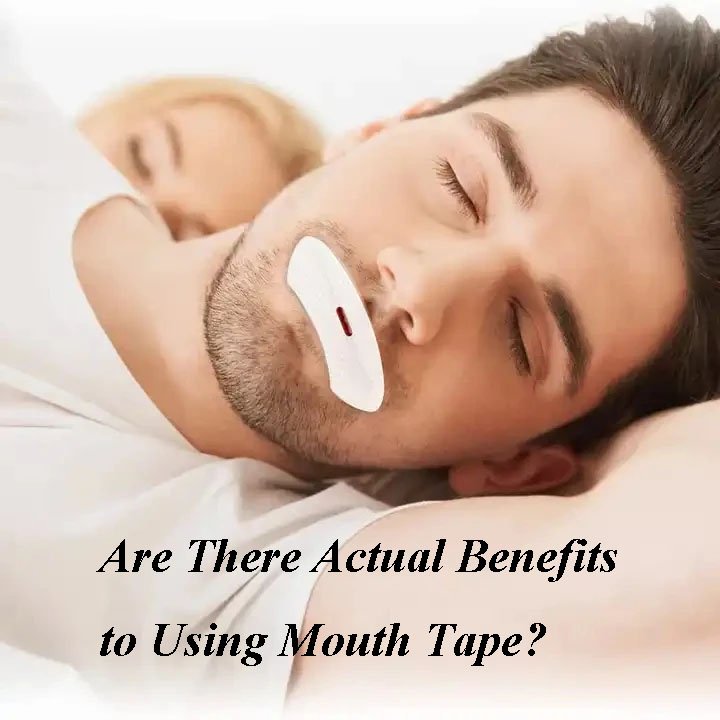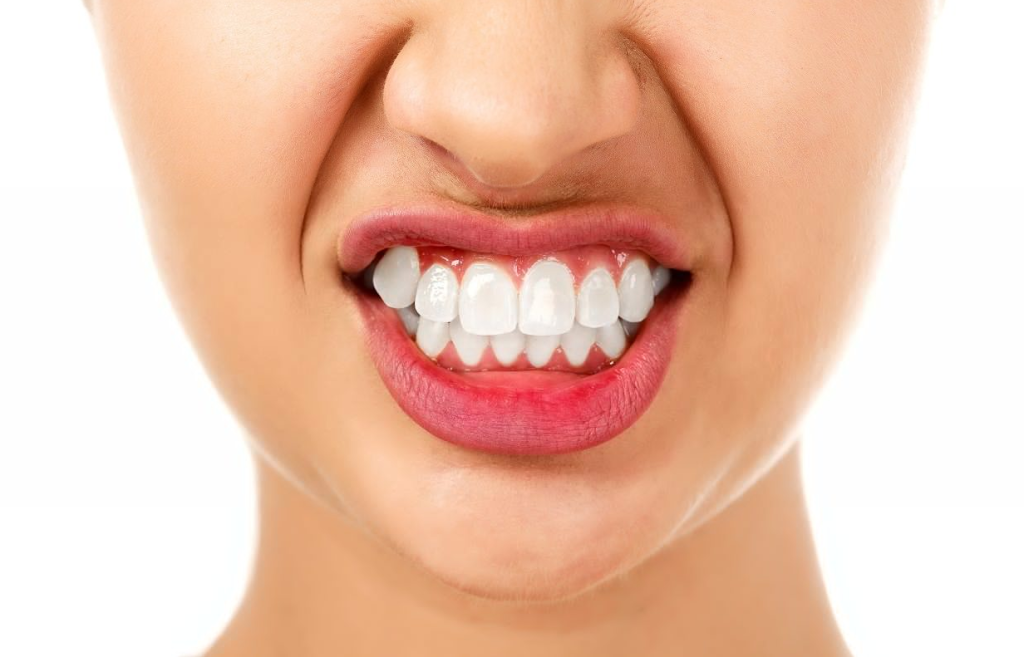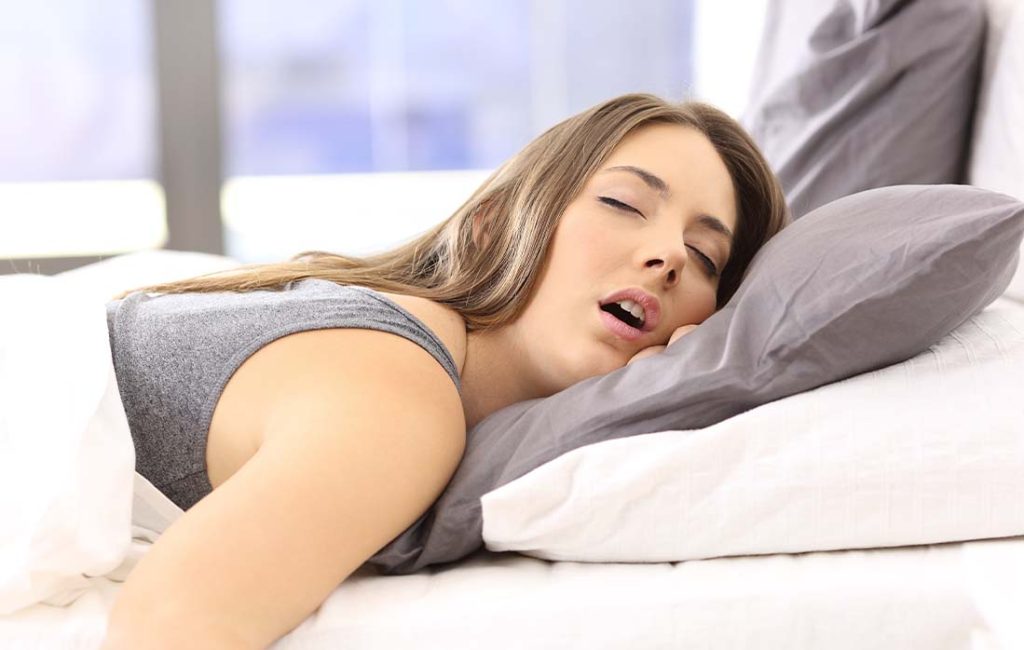What is CPAP used for?
CPAP, or Continuous Positive Airway Pressure, is a well-known treatment for sleep apnea and related breathing disorders. Imagine sleep apnea as an interruption in the breath-taking orchestra of your sleep – CPAP is the conductor who steps in and keeps the rhythm steady. With CPAP therapy, a machine delivers a continuous stream of air through a mask, helping keep your airways open. For millions of people, this device means uninterrupted sleep, less snoring, and waking up without the groggy feeling that follows poor-quality rest.
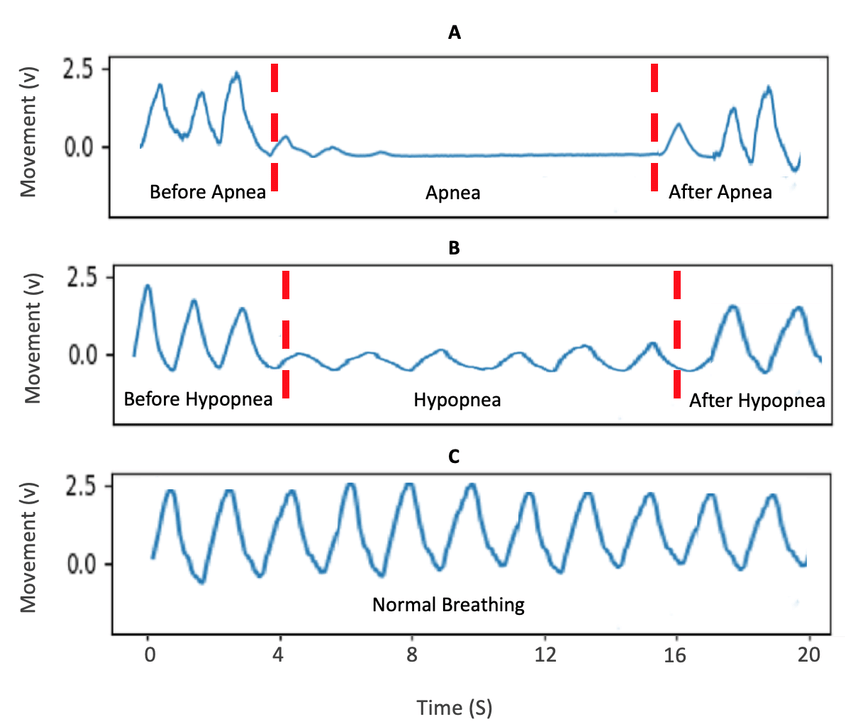
This therapy treats conditions like obstructive sleep apnea (OSA), where muscles in the throat collapse during sleep, blocking the airways. It’s also used for central sleep apnea, where your brain simply forgets to remind you to breathe. A CPAP machine helps maintain that gentle breeze of air so that your body can get the oxygen it needs throughout the night. It’s a game-changer for countless people with sleep apnea worldwide. Not only does it improve sleep, but it can help reduce health risks like high blood pressure, heart disease, and stroke.
What can mouth tape help with when using CPAP?
Mouth tape can be a surprisingly useful companion for CPAP therapy, particularly for those who struggle with mouth breathing. One of the most common challenges with CPAP is that some users find themselves breathing through their mouth instead of their nose. This can lead to dryness, discomfort, and even reduced effectiveness of the CPAP therapy.
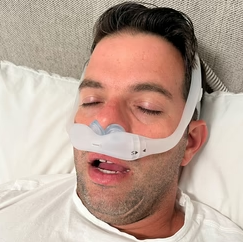
By keeping the mouth closed during sleep, mouth tape helps prevent air from escaping and ensures that the CPAP pressure remains consistent. This means less waking up with a dry mouth, fewer disturbances from leaks, and better overall adherence to the therapy. Additionally, mouth taping can reduce snoring, as it helps keep the airways properly aligned and unobstructed.
How to use mouth tape for CPAP therapy
Step 1: Choose the right mouth tape
Not all tapes are created equal. You want a tape that is specifically designed for use on the skin, like Fonitaniya™ mouth tape for CPAP. It should be gentle, hypoallergenic, and easy to remove in the morning without causing irritation.
Step 2: Prepare your skin
Before applying the tape, make sure your lips and the surrounding skin are clean and dry. This helps the tape adhere properly throughout the night. Avoid using lotions or balms before applying the tape.
Step 3: Apply the tape
Place the tape vertically over your lips so that it keeps your mouth closed but still allows for slight movement if needed.
Step 4: Test it out before sleeping
Try applying the tape for a short period before actually going to bed. This will help you get used to the feeling and ensure that you can still breathe comfortably through your nose.
Does using mouth tape during CPAP work?
Yes, using mouth tape during CPAP therapy can be highly effective, especially for those who experience issues with mouth breathing. According to a study published in the International Journal of Molecular Sciences, nasal breathing during CPAP therapy leads to better oxygen saturation and improved sleep quality compared to mouth breathing. Many CPAP users have reported fewer leaks, reduced dry mouth, and a more comfortable experience when using mouth tape. While individual experiences may vary, the general consensus is that mouth tape can significantly improve adherence to CPAP therapy and enhance its benefits.
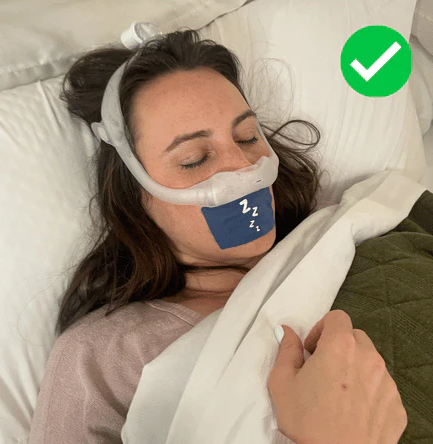
Mouth tape helps maintain a proper seal and keeps the airflow consistent, which is crucial for the effectiveness of CPAP. When air leaks through the mouth, the pressure provided by the CPAP machine is compromised, making it less effective. By encouraging nasal breathing, mouth tape helps maintain optimal pressure, leading to better treatment outcomes and a more restful night’s sleep.
Is there a risk or side effect of using mouth tape during CPAP?
Skin Irritation and Allergic Reactions
While mouth tape can be beneficial, some individuals may experience skin irritation or an allergic reaction to the adhesive used in mouth tapes. This is why choosing a hypoallergenic option, like Fonitaniya™, is crucial.
Difficulty Breathing Due to Nasal Congestion
If you have nasal congestion or a deviated septum, mouth taping might make it harder to breathe comfortably. It’s important to ensure that you can breathe well through your nose before using mouth tape.
Conditions Where Mouth Tape Should Be Avoided
People with certain medical conditions should avoid using mouth tape. For example, those with severe respiratory issues, chronic nasal congestion, or conditions like chronic obstructive pulmonary disease (COPD) should consult a healthcare provider before using mouth tape.
Alternatives to mouth tape during CPAP therapy
Chin Strap
If mouth tape isn’t suitable for you, a chin strap is a popular alternative. It helps keep the mouth closed by providing gentle support around the jaw. Chin straps are often adjustable and can be used in combination with CPAP masks to encourage nasal breathing.
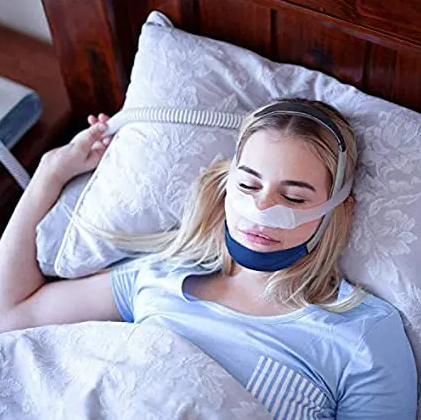
Full-Face CPAP Mask
Another alternative is to use a full-face CPAP mask, which covers both the nose and mouth. This type of mask allows users to breathe through either the nose or mouth without losing air pressure. While full-face masks can be effective, some people find them bulky or less comfortable compared to nasal masks.
Nasal Dilators and Saline Sprays
Nasal dilators or saline sprays can also be used to reduce congestion and promote nasal breathing, making it easier to keep the mouth closed during sleep. These can be especially helpful if congestion is the primary reason for mouth breathing during CPAP therapy.
Here is a relevant article telling you everything about nasal dilators: Are nasal dilators safe? How do they work?
Best mouth tape for CPAP
3M CPAP Mouth Tape
3M CPAP mouth tape is known for its strong adhesive and reliable performance. However, some users may find it a bit harsh on the skin, especially with repeated use. It’s a good option if you need a strong hold, but consider skin sensitivity.
Fonitaniya™ Mouth Tape for CPAP
Fonitaniya™ mouth tape is specifically designed for CPAP users, offering a hypoallergenic adhesive and a breathable design with a small hole in the middle for added safety. It’s gentle on the skin and easy to remove, making it a top choice for comfort and effectiveness.
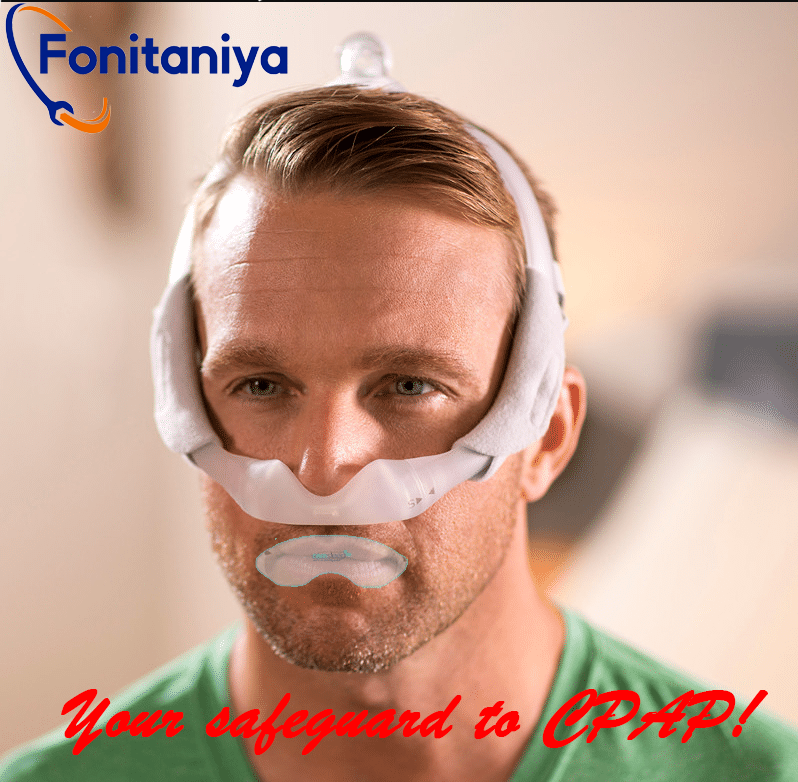
Nexcare Mouth Tape for CPAP
Nexcare mouth tape is similar to 3M in terms of adhesion but is designed to be slightly more skin-friendly. It offers a balance between strength and comfort, making it suitable for those looking for a moderate adhesive that is easier on the skin.
Conclusion
In conclusion, mouth tape can be a valuable addition to CPAP therapy, especially for those struggling with mouth breathing. It helps maintain consistent air pressure, reduces leaks, and enhances overall comfort during sleep. Fonitaniya™ offers an effective mouth tape solution specifically designed for CPAP users, with over 14 years of experience providing adhesive solutions. Many consumers speak highly of its comfort and effectiveness, making it a reliable choice for enhancing your CPAP therapy. To learn more about different mouth tapes, consider visit: Fonitaniya Mouth Tape Category.
FAQs
How does mouth tape help with CPAP therapy?
Mouth tape encourages nasal breathing, which helps keep the CPAP pressure consistent and reduces air leaks, leading to better therapy outcomes.
Can I use mouth tape if I have a cold?
It’s best to avoid using mouth tape if you’re congested, as it may be difficult to breathe comfortably through your nose.
What if I feel uncomfortable using mouth tape?
If you feel uncomfortable, try using the tape for short periods first or consider alternatives like a chin strap or full-face mask.
Is mouth tape safe for everyone?
Mouth tape is generally safe, but people with respiratory conditions or chronic nasal congestion should consult a healthcare provider before use.
Can mouth tape cause skin irritation?
Some people may experience skin irritation from the adhesive. Choosing a hypoallergenic tape like Fonitaniya™ can help minimize this risk.

